This high demand, interdisciplinary field draws from mathematics, statistics, and computer science. Gain insights and make predictions based on large and complex data sets using various analytical and statistical methods.
Cover topics such as machine and statistical learning, data visualization, and big data. Choose to focus on a particular research question in a field of interest such as religious studies, sport management, or finance.
Explore Internships & Careers
Internship opportunities offer real-world experiences. You can complete internships for academic credit or non-credit. Past internships include:
- Mechdyne Corporation
- Field of Dreams
- City of Dubuque, Information Services
- UFG Insurance, Quality Assurance Automation
You will be prepared for a variety of engaging careers:
- Data Analyst
- Data Architect
- Data Scientist
- Business Intelligence Developer
- Statistician
- Business Analyst
Course Highlights
Graduate Opportunities
Pair your data science degree with our Master of Science in Applied Analytics. In as little as one year, you can complete your master’s degree and apply the latest methods and technologies in gathering, reporting, and analyzing corporate data.
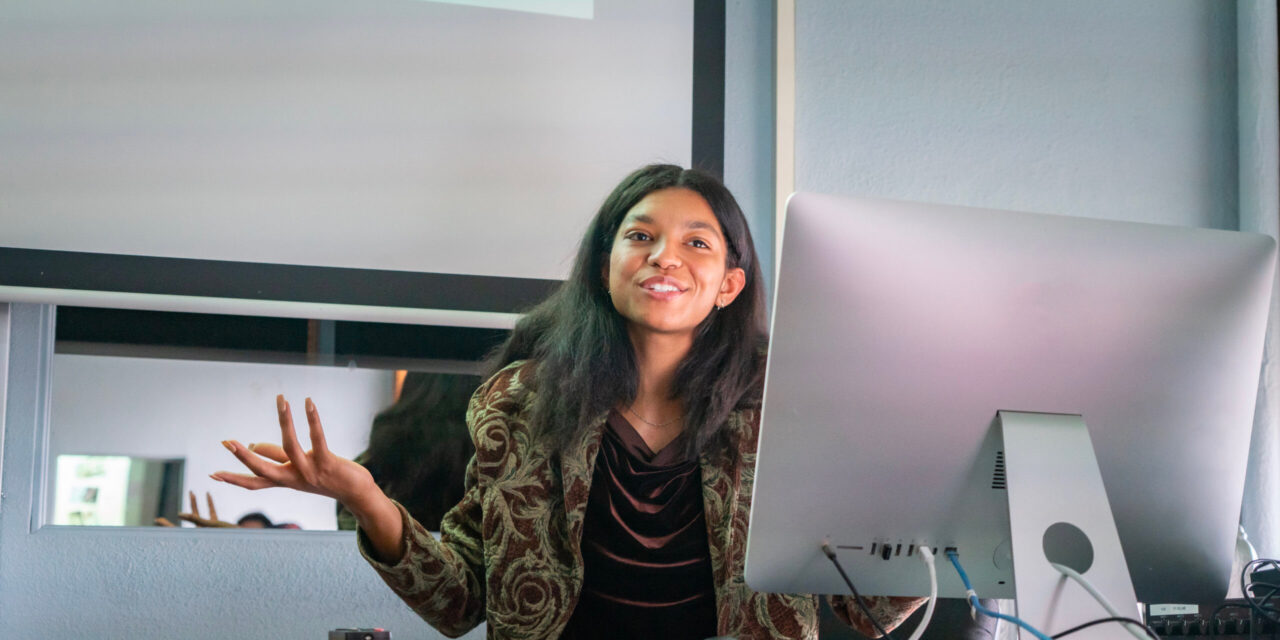
Clubs & Orgs
We have a variety of opportunities for you to get involved from the moment you set foot on campus.
ACM Club
Math Club
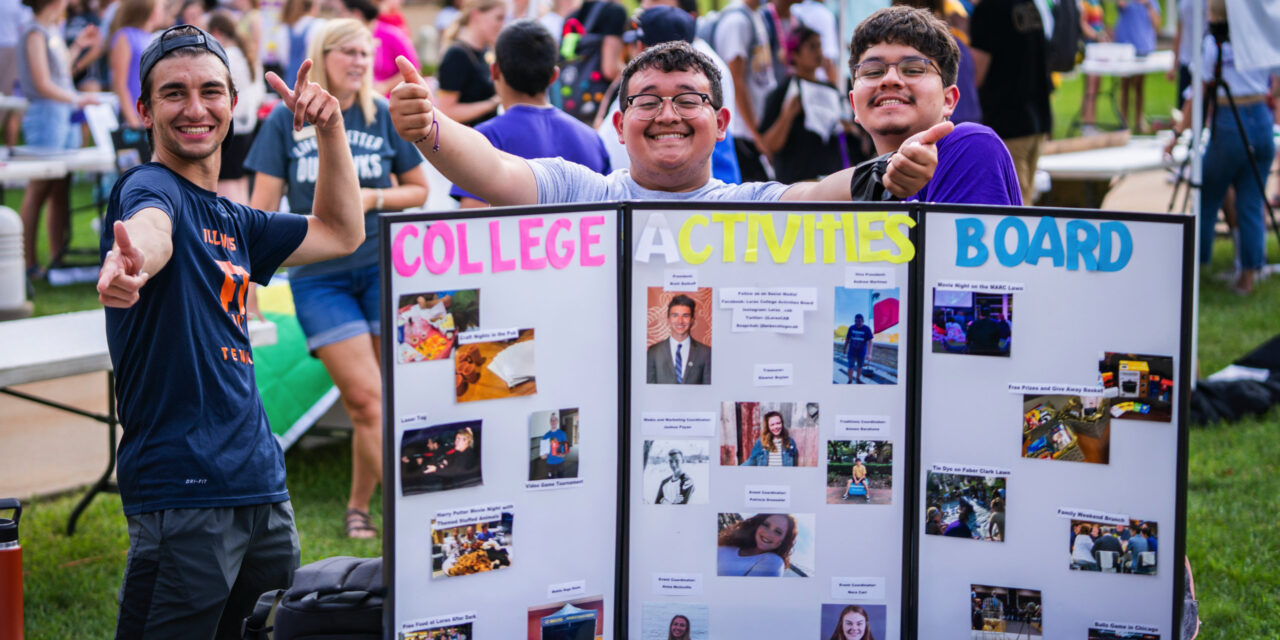
Straight Talk from a Duhawk
I am so grateful for the opportunities the Loras community has provided me. Being a Duhawk gave me a lifelong community that continues to create opportunities and provide support in all aspects of life.
— Emma (’21)
Meet Your Professors
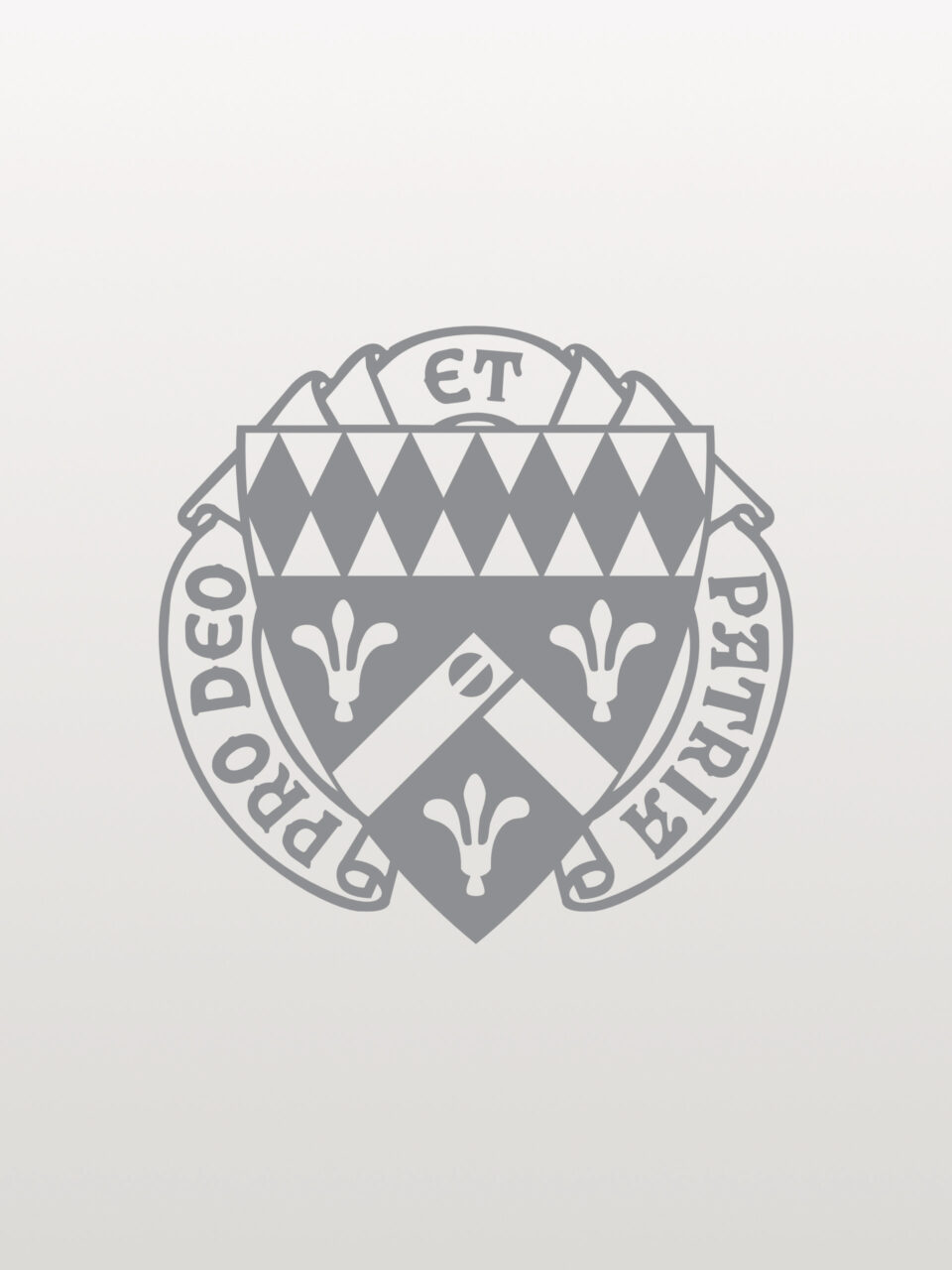
Susan Crook PhD
Associate Professor of Mathematics

Angela Kohlhaas PhD
Associate Professor of Mathematics
Data Science News
-

Blending Academics and Professional Development
Shree Prakash Shah (’25) is making the most of his Loras College experience. Coming from Kathmandu Valley, Nepal, this international student seamlessly balances… More
-
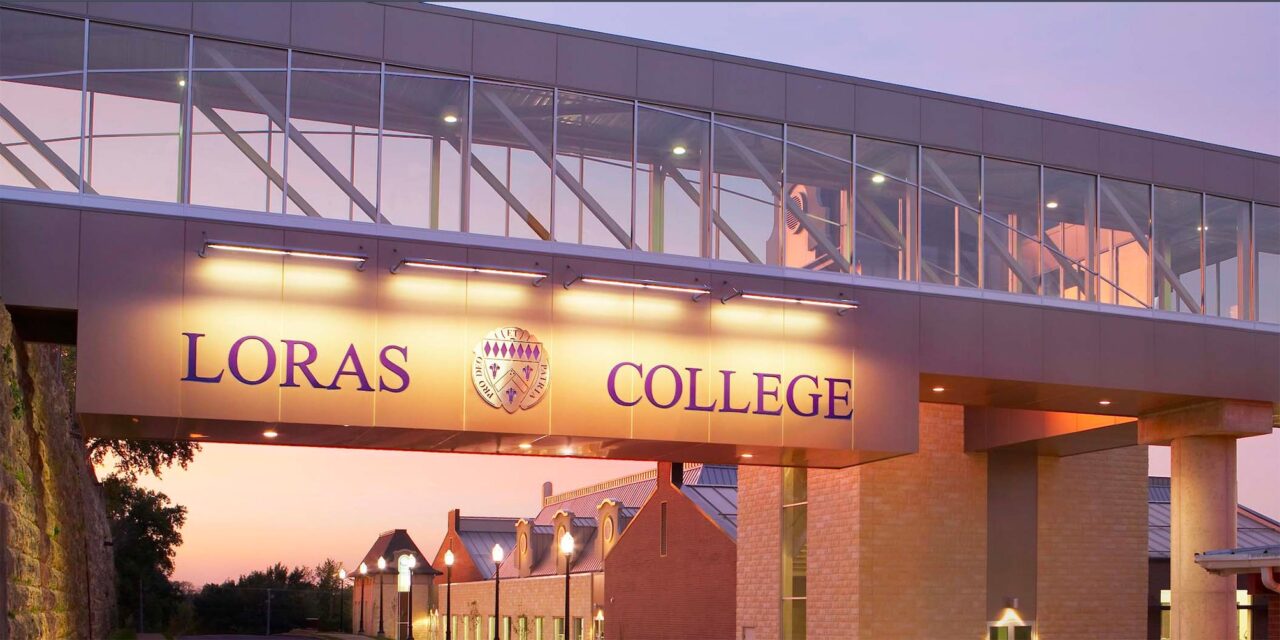
IPTC Grant to Benefit Community College Transfers to Iowa Private Colleges, Universities
Find a more transparent, cost-effective, and coordinated transfer process thanks to a three-year grant More
-
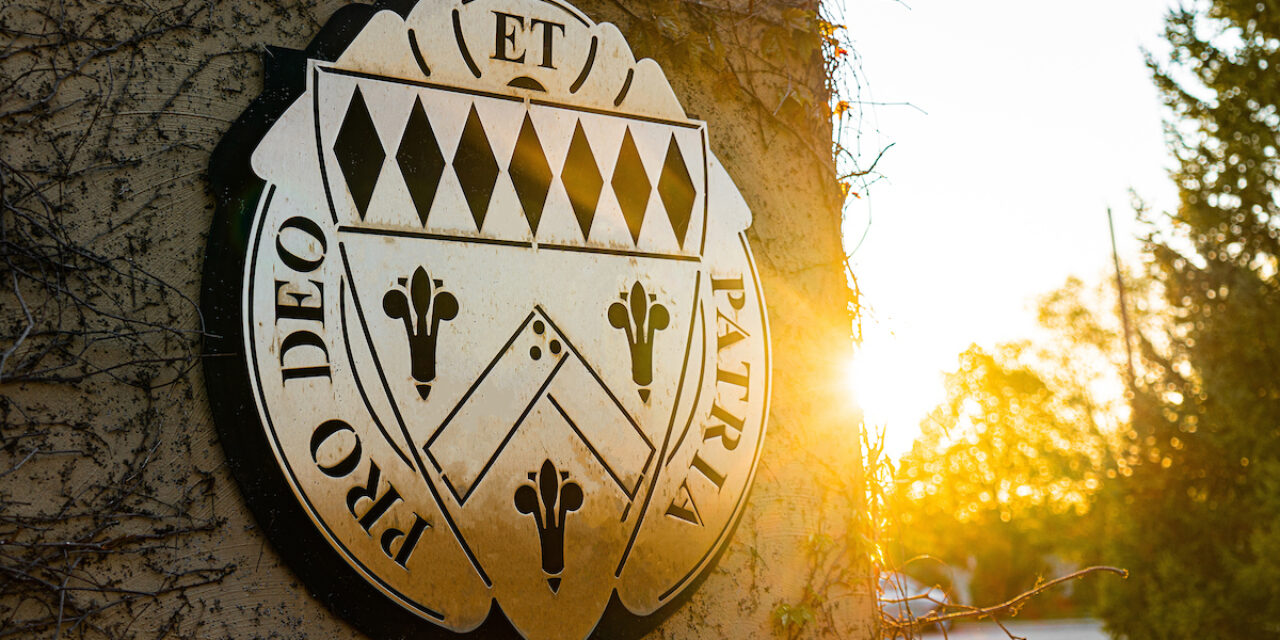
Honors Program Leads to Greater Community Impact
Emma Hoefer (’23) and Cierra Bachmann (’23) were part of a group honors project focused on providing fresh produce to the campus. Their work would eventually lead to internships and the ability to help out the surrounding city of Dubuque. More

